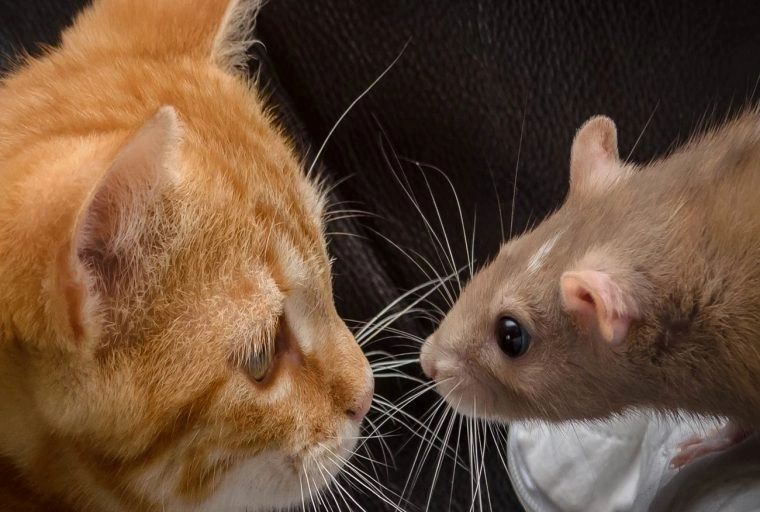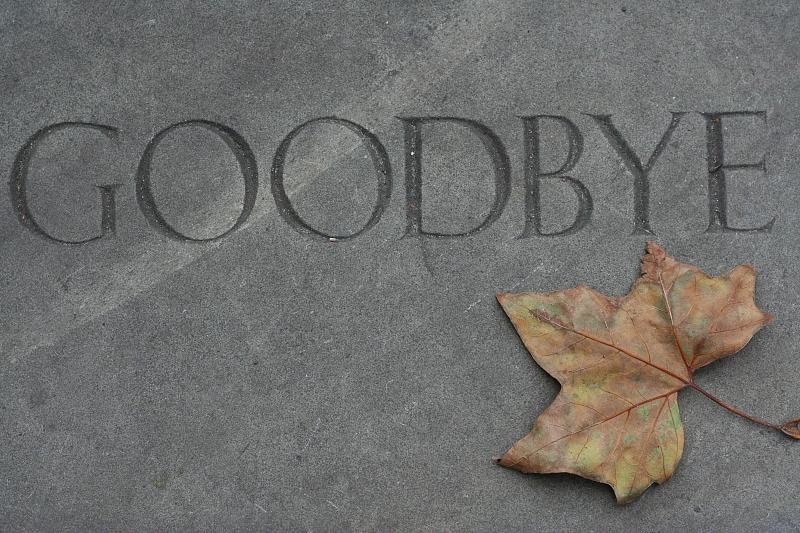
One day St. Francis of Assisi, invited a young monk to join him on a trip into town to preach. The young monk was so honored to get such an invitation from St. Francis that he quickly accepted. All day long he and St. Francis walked through the streets and byways, alleys and suburbs, and they rubbed shoulders with hundreds of people.
At the end of the day, the two headed back home, however, not even once had St. Francis addressed a crowd, nor had he talked to anyone about the gospel. The young monk was greatly disappointed, and he said to St. Francis, “I thought we were going into town to preach?” St. Francis responded, “My son, we have preached. We were preaching while we were walking. We were seen by many and our behavior was closely watched. It is of no use to walk anywhere to preach unless we preach everywhere as we walk!”
It’s no secret that we, both as individuals and the church, have forgotten what it means to preach the gospel, what it means to bring to others the good news, what it means to evangelize. Evangelism has become a dirty word in many churches, and if it isn’t outright dismissed altogether, then it is relegated as a task for only those who have been ordained, or for those who are professional speakers, who make a living giving their testimonials and asking for altar calls, or for those who are missionaries overseas. The idea of witnessing quite frankly terrifies most Christians.
Yet, I can’t help but wonder: which is easier – telling someone else about what Jesus has done for us, or living like Him? Of course, if we aren’t living like Him, then no matter what we might “tell” others, it won’t matter a bit if we aren’t seen to be living like the One we proclaim.
Today, my friends, you can preach where you walk and where you work. Will you do it? That’s the question of the week!
PRAYER: Let us be bearers of Your name and message today both in how we live and what we say! In Jesus’ name, Amen.
Copyright 2023 by Galen C. Dalrymple.








